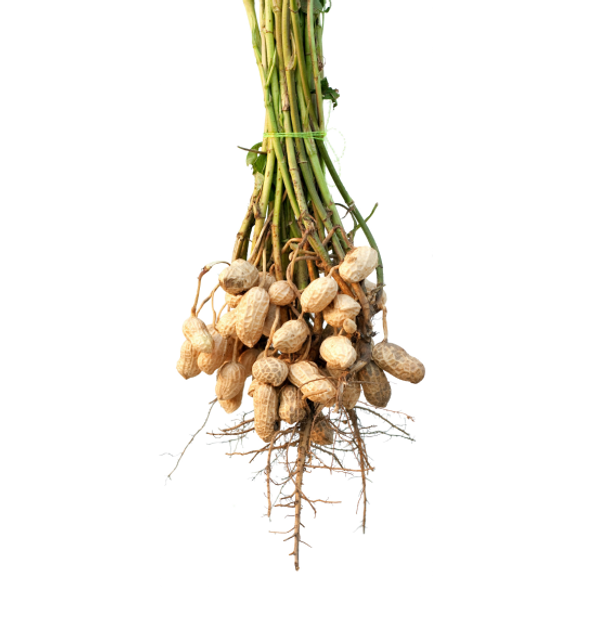Everything Peanut Allergy
Since 2001, to date, we have invested more than $38 million in food allergy research and education, which has led to national guidelines to help prevent peanut allergy and the first FDA-approved treatments for food allergies. And we never want anyone to be harmed by the nutritious, sustainable food we grow. From prevention to management and treatment, families, schools, health care providers, food industry and others can find information and resources here to help.

News
Everything about peanuts
The National Peanut Board is expanding our beloved peanut plushie's role in 2025
Learn the benefits of introducing peanut butter early to babies for allergy prevention and healthy d...
Dining with food allergies can feel overwhelming—especially in a new environment.
Meet Little Peanut – a lovable plushie peanut that grows with families in every stage of life: from ...
From ban to confidence, learn how these three districts safely brought back peanuts to their schools...
The National Peanut Board’s (NPB) 2025 Food Allergy Research Grant Program process has reached the n...
The National Peanut Board has awarded $400,000 in grants to nine organizations to advance food aller...
The LEAP Trio study builds upon the original LEAP and LEAP-On trials which demonstrated that early i...
